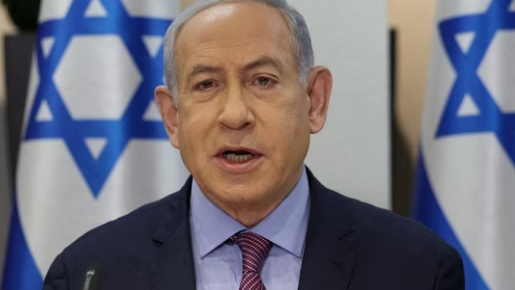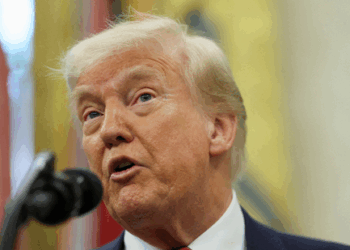Israeli Prime Minister Benjamin Netanyahu has announced that the complete elimination of the Palestinian militant group Hamas is his primary objective in the ongoing conflict in Gaza. The statement, made during a press conference in Jerusalem, underscores the heightened tensions in the region and has garnered swift responses from various quarters.
Netanyahu, known for his tough stance on security matters, stated unequivocally, “Our goal is clear: the elimination of Hamas and ensuring the safety and security of the Israeli people.” The prime minister went on to detail his government’s commitment to eradicating what he referred to as a “terrorist organization” that poses a constant threat to the stability of the region.
The announcement comes against the backdrop of increased violence and hostilities in the Gaza Strip, with sporadic rocket attacks launched by Hamas militants into Israeli territory and retaliatory airstrikes by the Israeli Defense Forces (IDF). The conflict has resulted in civilian casualties on both sides, prompting international concern and calls for de-escalation.
World leaders and organizations have reacted swiftly to Netanyahu’s bold declaration. While some countries expressed support for Israel’s right to defend itself, others called for restraint and a peaceful resolution to the long-standing conflict. The United Nations urged both parties to prioritize diplomatic solutions and avoid actions that could escalate tensions further.
The situation in Gaza has been a longstanding flashpoint in the Middle East, with deep-rooted historical and geopolitical complexities. The Israeli-Palestinian conflict has endured for decades, defying numerous attempts at resolution and peace agreements.
As Netanyahu’s government takes a firm stance against Hamas, questions arise about the potential ramifications of such a strategy. Critics argue that a military approach may exacerbate the humanitarian crisis in Gaza, where the civilian population is already grappling with economic challenges and inadequate infrastructure.
The international community remains closely watchful of developments in the region, with concerns about the possibility of further escalation and the impact on regional stability. The path to a lasting resolution in the Israeli-Palestinian conflict continues to be elusive, and Netanyahu’s recent announcement only adds another layer of complexity to an already intricate geopolitical puzzle.








 India
India












